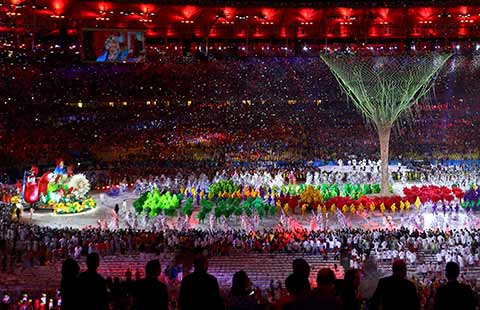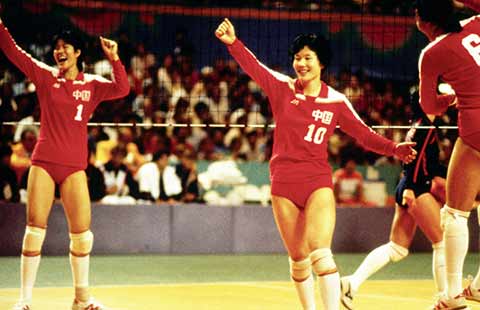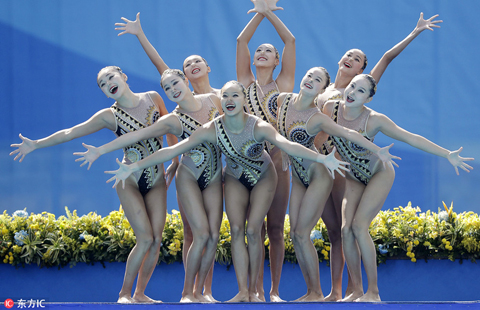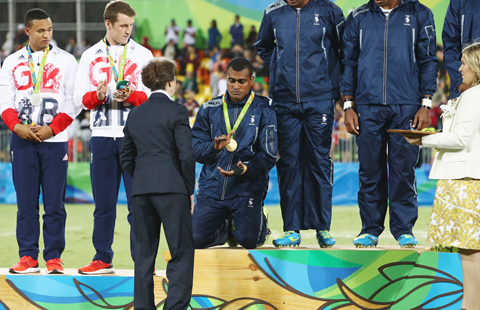Games a global TV gold mine
By Agence France-Presse (China Daily) Updated: 2016-08-23 07:41Digital Olympics
Exarchos said Rio was the first internet Games, where online viewership was "as big a factor as television."
After four days of competition, more people had watched Olympic images online than during the entire Olympics in London four years ago.
IOC President Thomas Bach said NBC, which owns the US broadcast rights, had recorded more than 2.25 billion live stream minutes on its website.
The digital revolution, in which tablets, cell phones and computers take on TV, once seemed a big threat to the traditional broadcasters.
However, Exarchos said things are settling down.
"Today, most broadcasters have their own digital platforms and we see that they're using them to bring the public to their traditional channels. Digital feeds traditional TV and vice versa," he said.
The newer factor is the "very aggressive emergence of some media, especially on social networks, that are completely changing the environment and represent a risk to traditional media," he said.
Future Games
Rio was used as a test ground for future Olympics.
Japan's NHK channel ran tests in the 8K format, which is 16 times clearer than today's HD images. On a cinema screen the 100m race appeared in incredibly sharp definition, giving the viewer the sensation of being there.
Virtual reality technology is also under development. A prototype in which special glasses were linked to a network of cameras in the Olympic swimming pool gave viewers the ability to see something different with a turn of the head, as if they were seated in the arena.
In a few years it is expected that the goggles will put the viewers into the center of the action without leaving their armchairs.
Empty stadiums?
If broadcast technology gets that good, who will go through the expense and hassle of taking a plane and buying tickets to attend the Games?
Will athletes of the future compete in empty stadiums?
"No," Exarchos said. "Nothing replaces the emotion of being there."
In fact, television viewers also want spectators in the shot - they are part of the show.
"The half-empty stadiums we saw at times in Rio are the worst thing you can have on screen," Exarchos said.
"I'm in favor of smaller stadiums that are filled to capacity."









